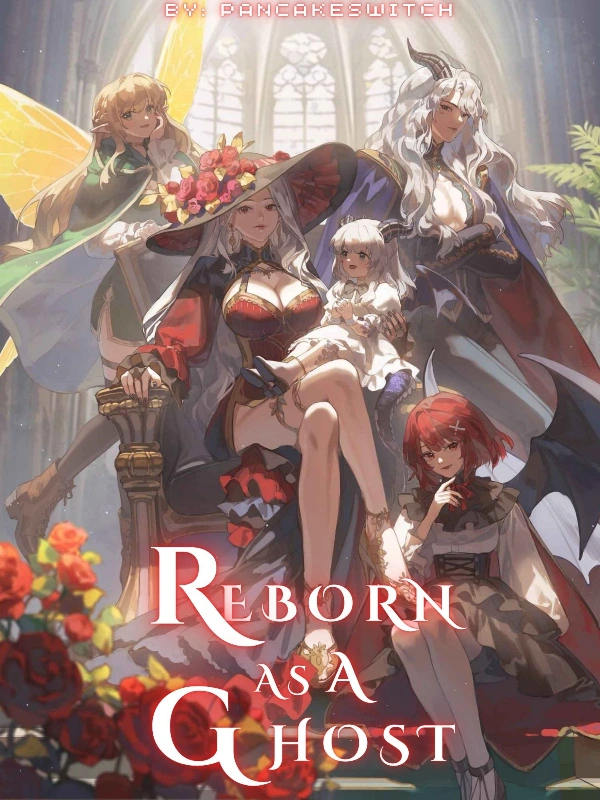Romania was an interesting place to visit. Bruno had never really been to this part of Europe in his past life, or in this one, for that matter. Hell, despite being relatively close to Germany, all things considered, he was actually more acquainted with East Asia nations than he was with Romania.
Even so, he knew the language and had a general understanding of their history, and because of this, he was perhaps one of the better foreign visitors in terms of mingling with the locals. Of course, he did not spend long doing so, at least with the commoner class, because upon exiting the railway station, Bruno was greeted by members of the Romanian royal family who intended to escort him to their royal palace.
Bruno sat rather silently in the back of the exported German automobile that the Romanian royal family used for their own transportation around Bucharest and for the transportation of guests. Daimler and Benz had, after all, revolutionized luxury transit entirely due to Bruno’s interference.
Automobiles that would normally not be produced until the 1930s of this life were all the rage in the German Reich, and naturally, if one was wealthy, they would want such an advanced vehicle for themselves.
For example, the primary model that the company sold to the world’s elite was the Daimler & Benz 770 Grand Mercedes. It was a beautiful and elegant car, meant for an aristocratic market. And naturally, the Romanian King Carol had used his loose family ties to the Kaiser to get his hands on one when the supply for these vehicles did not meet their excessive demand.
And though Bruno didn’t realize it, the Kaiser used this fact while negotiating for Bruno to receive a proper introduction to the Romanian royal family. After all, Bruno was the largest shareholder in Daimler & Benz and had been the one who orchestrated both their merging and the introduction of this exquisite and advanced automobile to the market.
Upon learning this fact, the King of Romania was exceptionally eager to meet with Bruno, even more so when he learned afterwards of Bruno’s already substantial investment in the Romanian oil industry.
Bruno wasn’t just a powerful Generaloberst in the German military, but he was a wealthy industrialist from a family who had significant ties to German politics and had gained the status of a Russian prince. To put it simply, he was a figure that the Romanian king was all too eager to meet with, even if Bruno still had a tendency to underestimate his own status in this world.
It was perhaps because of this that Bruno was so surprised when he finally stood in front of the King of Romania, who himself was acting as if Bruno was a figure well above him in status. Eagerly shaking his hand, he introduced himself and his wife to this foreign guest.
“Prince Zehntner, I must say it is a great honor to finally meet you in person. I have heard a great deal about you. Your feats on the battlefield are quite renowned, even here in my humble kingdom. But I was indeed surprised when I learned that your industrial interests are even grander in scale.”
Bruno did not frown when he heard the way the King referred to him. They were strangers and men of supreme status. Though his title in Russia was landless, as governing fiefs were largely a thing of the distant past, it was still a premier noble title, and he had used it correctly.
Using the honorific “von” in his family’s surname would be incorrect, as that was a German thing that did not carry over into Russian society. Rather, his Russian princely house was simply known as House Zehntner.
Interestingly enough, as far back as the 18th century, distant relatives of Bruno had actually migrated to Russia under a call from Catherine the Great, who herself was born a German princess from Pomerania. She enticed many German settlers to various regions of the Russian Empire to settle and work the land as farmers.
This was before Bruno’s family gained their status as nobles within Prussia, and because of this, there were quite a few families running around of commoner status within the Russian Empire who shared his name, albeit not his noble status.
In fact, there were probably more “Zehntners” in Russia than there were in Germany at this point in time, as it was a rather rare surname within the German Reich. Even while knowing this, Bruno’s march through the Volga region, where many of these distant relatives were settled, was no less ruthless in his pursuit of the Red Army.
Of course, Bruno was not exactly surprised that the Romanian King, Carol I, had done a deep dive into his background, if not simply for security measures. Because of this, he responded with the appropriate amount of respect due to a foreign monarch.
“You honor me, Your Majesty. I am but a humble prince, while you are a king. To speak to me in such grandiose ways speaks volumes about the respect you have for me and my accomplishments. I can only hope to return to such gracious behavior. Please, allow me to present you with these humble gifts. Frankly speaking, I would have prepared a much grander gift had I been able to transport it across international lines, but I’m afraid it is still traversing by the sea, and thus you will have to wait a bit longer.”
Bruno then opened his briefcase, which included some exceptional jewelry that he handed over to the King’s security to be properly examined. The gifts were meant for both King Carol I and his wife, Queen Elisabeth.
The two had only one child, a young daughter who had died at the age of three. Unfortunately, because of that, they had no children through which Bruno could establish ties to via friendships that would allow him to manipulate Romanian affairs in the future.
Instead, the King’s nephew Ferdinand would eventually succeed him when he finally died in October 1914, a few months after the Great War began. That was, of course, assuming things went according to Bruno’s previous life timeline.
Hence, why Bruno was actually eager to meet with Ferdinand and not Carol, as it would be he who would dictate Romania’s entry into the war. Even so, establishing ties to the kings of Romania now was better than doing so later, and because of this, Bruno and Carol continued to exchange pleasantries as the man invited his guest further into his home.


















